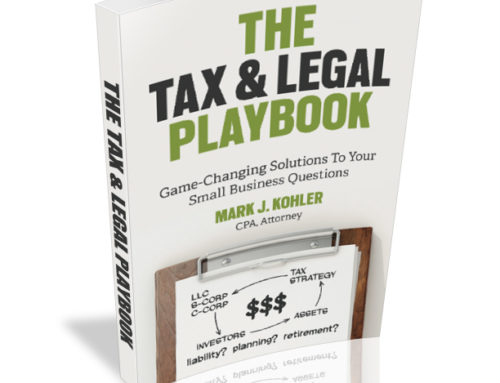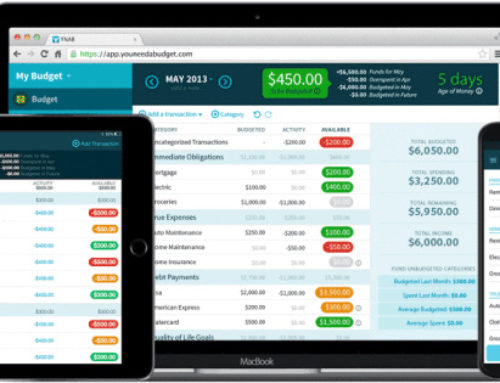One of the major costs of doing business for many small businesses and self-employed individuals is their car. Therefore, capturing all these expenses and deducting them on your tax return is key to lowering your tax bill. Read on to learn the different methods, deductible expenses, and recordkeeping requirements of deducting these expenses.
Which auto-related expenses are deductible?
The IRS states that all ordinary and necessary costs related to one or more of the following are deductible:
- Traveling from one work location to another within the taxpayer’s tax home area
- Visiting customers
- Attending a business meeting away from the regular workplace
- Getting from home to a temporary workplace when the taxpayer has one or more regular places or work
It is important to note that commuting expenses are NOT deductible. These are expenses incurred traveling between your home and your regular place of work. An exception to this is: if you have bona fide home office and are taking the home office deduction. In that case, you are traveling from one work location to another when you travel.
Two Deduction Methods
There are two methods of deducting car and truck expenses: standard mileage rate and actual expenses. The IRS allows you to choose which method you would prefer to use. Ideally you will track both, allowing your CPA to determine the most favorable method for you.
- Standard mileage – This is a per-mile deduction used in place of actual expenses.
- This per-mile deduction figure is adjusted annually. It is 53.5 cents per mile for 2017.
- Some other actual expenses can still be deducted, specifically parking fees and tolls.
- Actual – The following expenses are deductible:
- Depreciation
- Lease payments
- Registration fees
- Licenses
- Fuel
- Insurance
- Repairs
- Oil changes
- Garage rent
- Tires
- Tolls
- Parking fees
Using your vehicle for both business and personal use
When you have a vehicle you use for both business and personal use you are only permitted to deduct the mileage or expenses related to business use. The method used to allocate the business vs. personal use are as follows:
- If the standard mileage deduction is used you may only deduct the mileage driven for business use.
- If the actual expenses are used you must calculate the business vs. personal use percentage and only deduct the portion that is business related.
Recordkeeping
The IRS requires that certain records be kept in order to deduct automobile expenses.
- Standard mileage
- Proof of ownership/lease
- Daily log showing miles traveled, destination, & business purpose
- Actual expenses
- Daily log showing miles traveled, destination, & business purpose
- Receipts and other documentation showing cost & identity of vehicle for which expense was incurred
Tools of the trade
As you can see, a mileage log is required whether you take the standard mileage deduction or the actual expenses. There are several mobile apps out there that make it easy for you to keep this record accurate:
- QuickBooks Self-Employed mobile app
- MileIQ
- Everlance
All three of these apps work in a similar fashion. They record all your trips and allow you to indicate whether the trip was business or personal and add the business purpose of the trip, satisfying the IRS mileage log requirement. Implement one of these apps today to automate your mileage requirement and maximize your automobile expense deduction.




